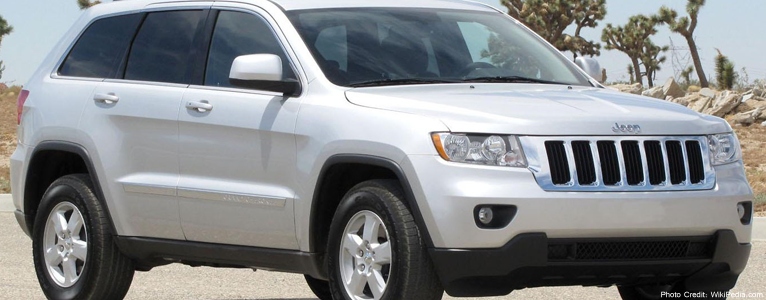
Imagine the horror of this situation: You are driving along a busy highway and you realize that your car has been taken over by a hacker. It starts with the radio acting funny, than the windshield wipers and air conditioner follow suit. Suddenly, as a tractor trailer bears down at high speed, your car’s transmission shuts off.
This scenario actually happened to the Wired Journalist Andy Greenberg recently when he agreed to let 2 hackers attempt to hijack the internet connected Jeep he was driving. The hackers, Charlie Miller & Chris Valasek, have been conducting government-funded research into the vulnerabilities of ‘smart’ auto systems. From 10 miles away, they were able to take control of Andy’s Jeep. They estimate that there are currently 471,000 cars on the road that are vulnerable to such attacks. Their experiment should serve as a huge wake-up call to both manufactures and consumers.
As it should come as no surprise to anyone, the number of everyday objects that are being connected to the internet is growing extremely quickly. By 2020, projections are estimating upwards of 50 billion such devices online. ‘The Internet of Things’, as this phenomenon is known, promises many benefits to consumers and businesses alike. However, many of the manufactures involved in making these devices have little if any experience with digital security, and few consumers know how to properly protect their internet connected devices from intrusions.
As a result of this, products such as baby monitors, room locks, medical devices, and security cameras have already been hacked. Unless manufactures make cyber security something more than just an afterthought when designing products, we should expect these hacks to continue.
The vulnerability of internet connected cars has been evident for years. Congress has badgered automakers on the topic repeatedly. While they started a group effort to pool cyber security data, there’s a lot more they could be doing. To begin with, they should be focusing research on technology that can detect digital intrusions, and automatically apply software patches to their systems. More importantly, they should make sure that critical controls, such as steering and braking, are isolated from components that are vulnerable to hacking.
Automakers have always competed on the safety of their vehicles. They now need to broaden their definition to encompass cyber safety.
If you have any questions about automobile insurance, contact our insurance professionals today.
Sources: propertycasualty360.com “Your car could be hacked, and that’s no minor prank“, wired.com “Hackers Remotely Kill a Jeep on the Highway—With Me in It“
